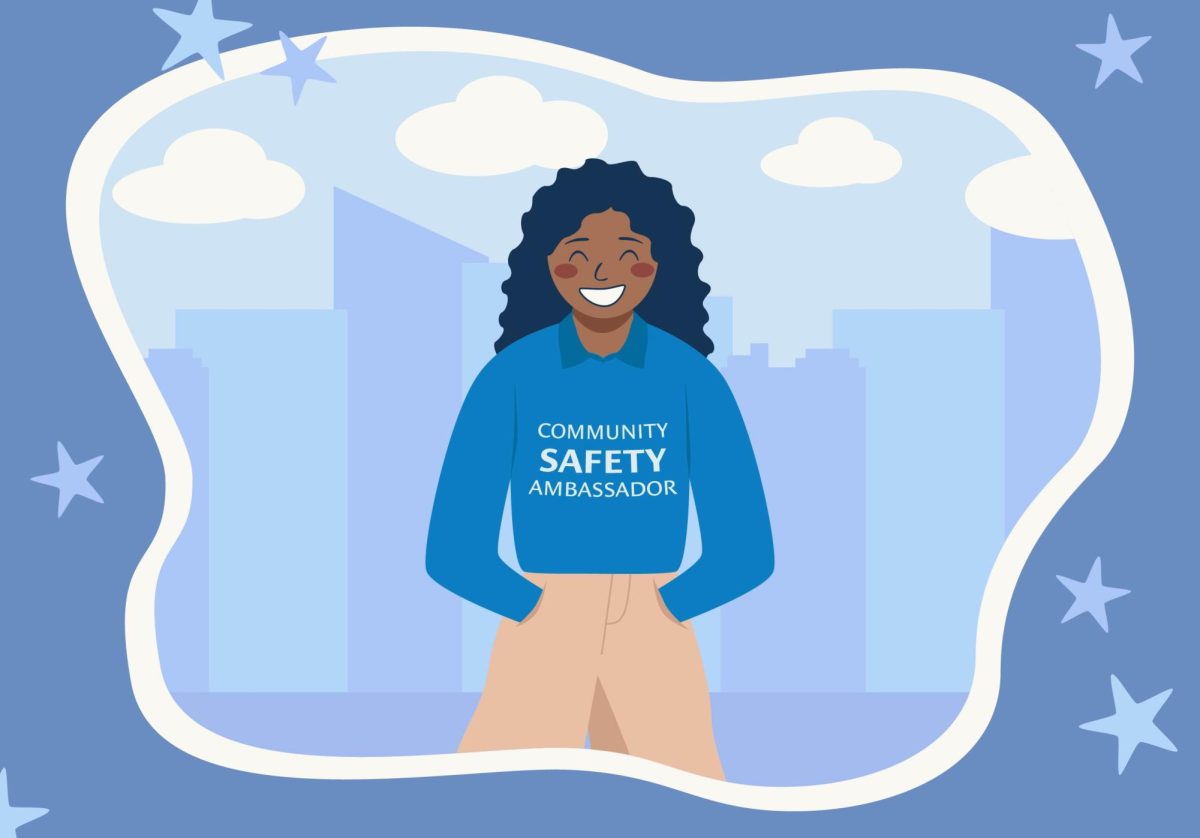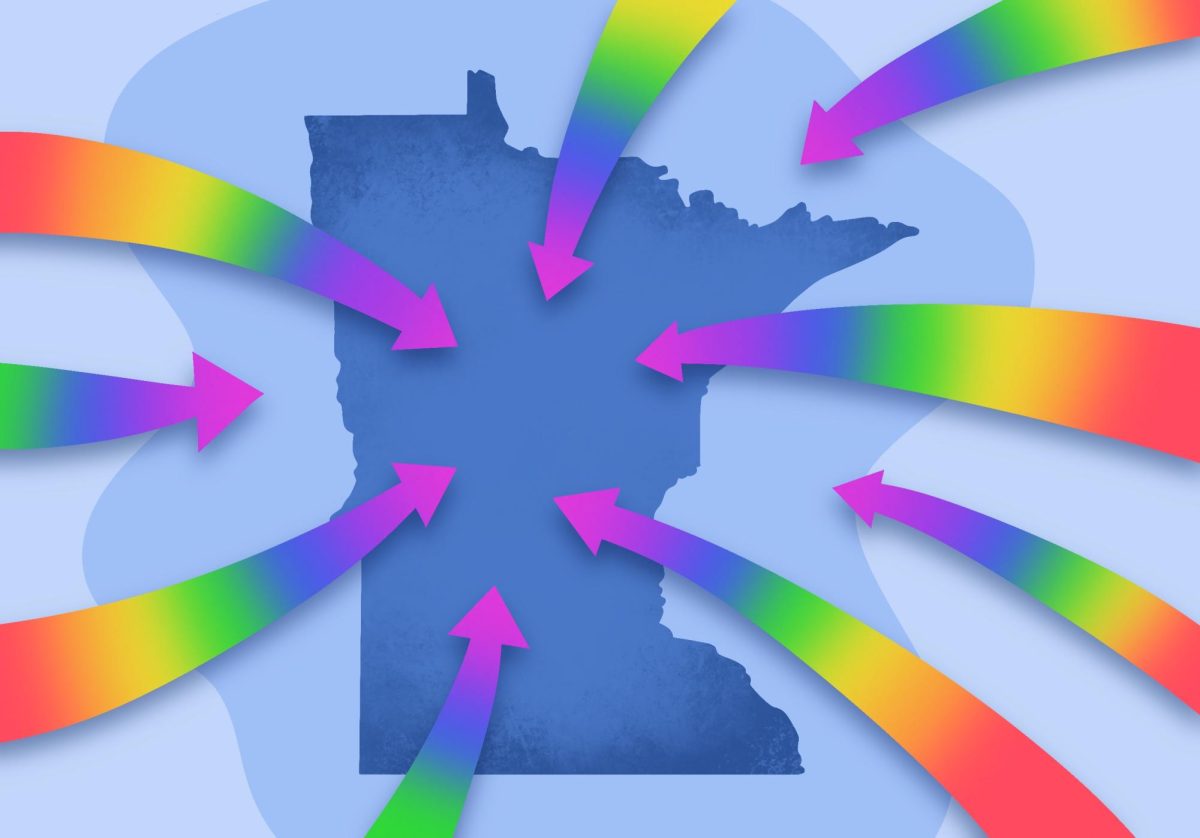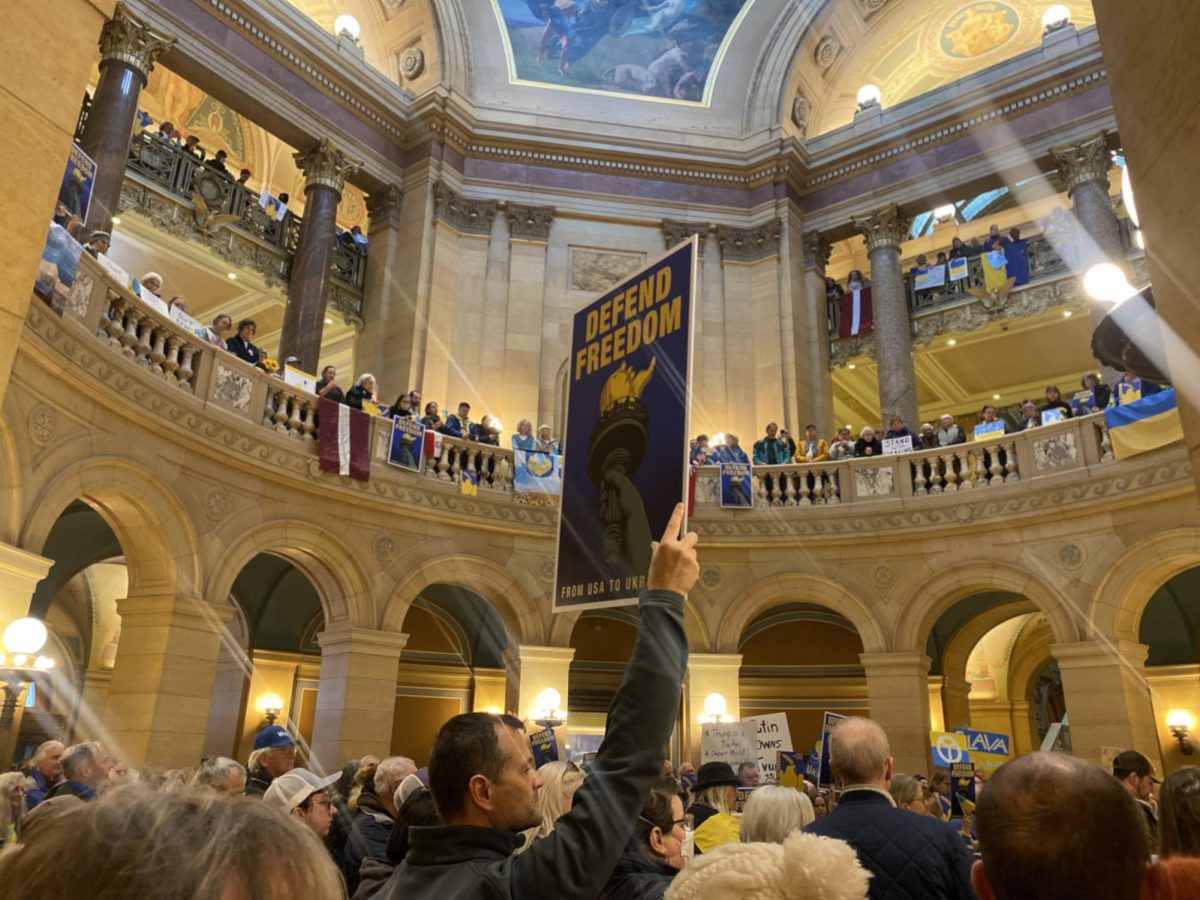While Minneapolis Mayor Jacob Frey recently moved to ban “warrior-style” police training, the University of Minnesota Police Department is already implementing alternatives to the controversial practices.
During his State of the City address on April 18, Frey announced a ban that would prevent Minneapolis Police Department officers from participating in fear-based or warrior-style training. A local police union opposes the policy, but UMPD officials say its training tactics, which resemble Frey’s proposal, have worked well for the department.
Warrior-style police training seminars emphasize officer survival. The training came under fire in 2016 after it became known that former St. Anthony police officer Jeronimo Yanez, who was acquitted for the killing of Philando Castile, had attended one such seminar.
In response to the ban, the Police Officers Federation of Minneapolis announced a partnership with a law enforcement organization called Law Officer to pay for the training of any officer until the end of Frey’s term.
“While it seems the lives of our officers are not important to politicians, they certainly are [to] Law Officer and we are grateful for this partnership,” Police Officers Federation of Minneapolis President Lt. Bob Kroll said in a statement.
On the morning of April 26, Frey told the Star Tribune that the two parties had reached an agreement, only for the union to respond that afternoon, claiming the mayor had misrepresented their conversations.
In an email Tuesday, Frey said he and MPD Chief Medaria Arradondo are committed to enforcing the policy, and any officers who participate in such training without prior approval will be subject to discipline.
“If we’re serious about shifting the culture of policing, there’s no room for half measures,” Frey said in a statement to the Minnesota Daily. “Our hope is that this can help us build trust between our community and our police department and, over time, contribute to that culture shift.”
UMPD does not practice warrior-style training for its officers, said University spokesperson Lacey Nygard in a statement to the Minnesota Daily. This training, which is not mandated federally or by the Minnesota Board of Peace Officer Standards, is evaluated on a case-by-case basis, she said.
Michelle Gross, president of Minneapolis-based organization Communities United Against Police Brutality, said the training is the opposite of community policing. It doesn’t teach a skill but a “dangerous” ideology, one that teaches officers that every person around them is an “enemy combatant,” she said.
“It makes people in the community fear the police because they come in like an invading army, rather than people that are supposed to be sort of helpers,” Gross said. “It breeds deep fear and deep mistrust.”
UMPD Chief Matt Clark said de-escalation and impartial policing are areas the department focuses on in training. Recognizing implicit biases and maintaining an impartial stance with all community members is imperative in law enforcement, and more importantly keeping people safe, he said.
“I think we’ve done a lot to show the campus community and the surrounding community that we’re dedicated to training our officers to be fair, and that those relationships are really important,” said UMPD operations manager Shannon McGoffin.







